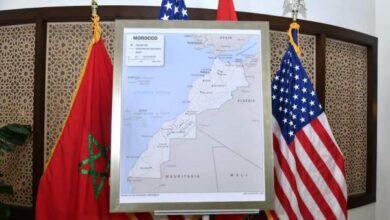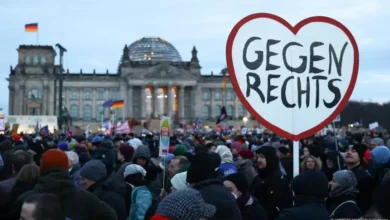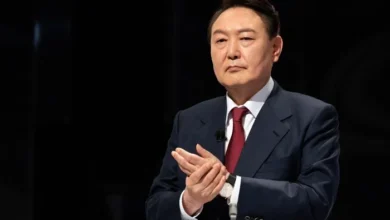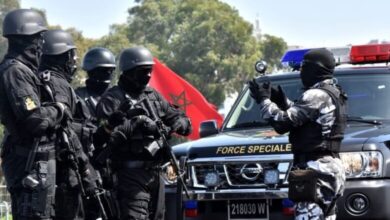Military Candidate Abdelmadjid Tebboune Wins a Second Term as President of Algeria
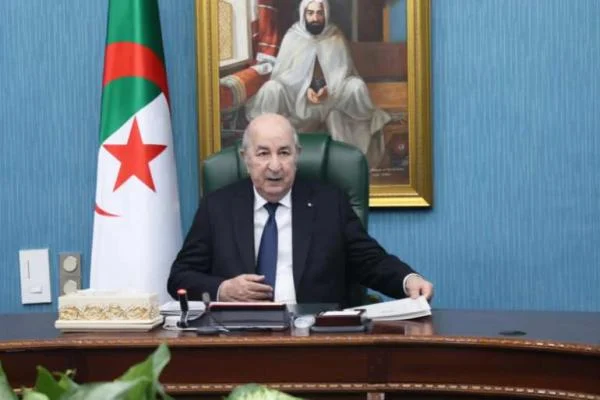
Algeria’s Independent National Electoral Authority announced on Sunday that the military’s candidate, Abdelmadjid Tebboune, won a second presidential term after securing 94.65% of the votes in the elections held on Saturday.
The head of the authority, Mohamed Charfi, declared that out of 5.63 million registered votes, Tebboune received 5.32 million votes, representing 94.65% of the total.
Charfi had announced late Saturday that the “initial voter turnout in the presidential elections at the closing of polling stations at 8:00 PM (7:00 PM GMT) reached 48.03% domestically and 19.57% for the national electorate abroad,” without specifying the number of voters from over 24 million registered voters.
He mentioned that this was an “initial percentage,” and the delay in announcing details was due to the late arrival of reports from some provinces “because of the floods.”
Voter turnout was the main issue at stake in the elections, as Tebboune wanted to be re-elected “as a regular president without questioning his legitimacy,” according to Hasni Abidi, director of the Center for Studies and Research on the Arab and Mediterranean World in Geneva.
The elections that brought Tebboune to the presidency in 2019 witnessed a record abstention of 60%. He received 58% of the votes amid massive “Hirak” protests demanding democracy, with many parties calling for a boycott of the vote.
As voter turnout was slow on Saturday, the electoral authority decided to extend the voting period by one hour until 8:00 PM.
Tebboune was contested by two candidates: Abdelali Hassani Cherif, 57, a civil engineering professional and leader of the Islamic Movement of Society for Peace, and former journalist Youssef Aouchiche, 41, head of the Socialist Forces Front, the oldest opposition party in Algeria based in the Kabyle region in the central east of the country.
On Sunday, Hassani Cherif’s campaign decried the “flaws” in the presidential elections.
The campaign noted that it recorded what it described as “unacceptable administrative practices by the Independent National Electoral Authority,” including “pressure on some voting office officials to inflate results, not handing over counting reports to candidate representatives, and proxy group voting.”
Last week, Amnesty International accused Algerian authorities of “stifling civil society through an alarming crackdown on human rights,” citing “new arbitrary arrests and a refusal to tolerate dissenting voices.”
According to the National Committee for the Release of Detainees, dozens of people remain in prison due to their activity related to the Hirak movement.
